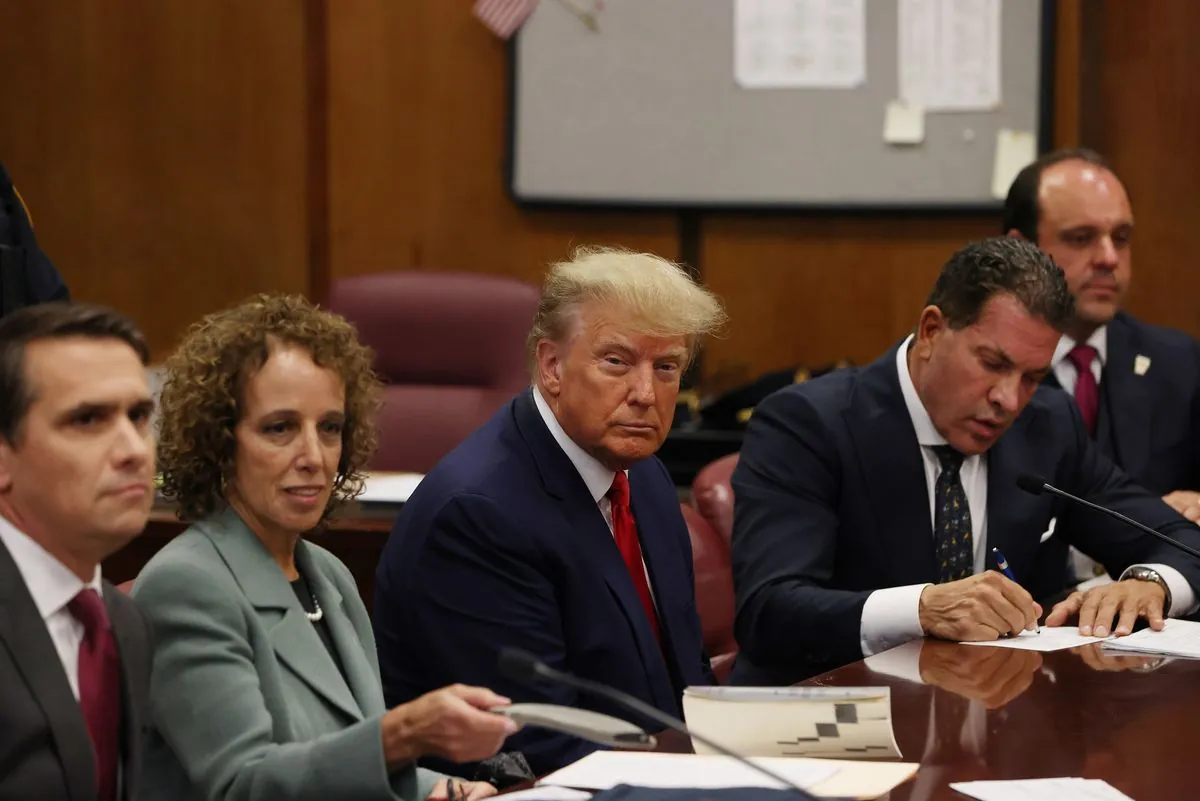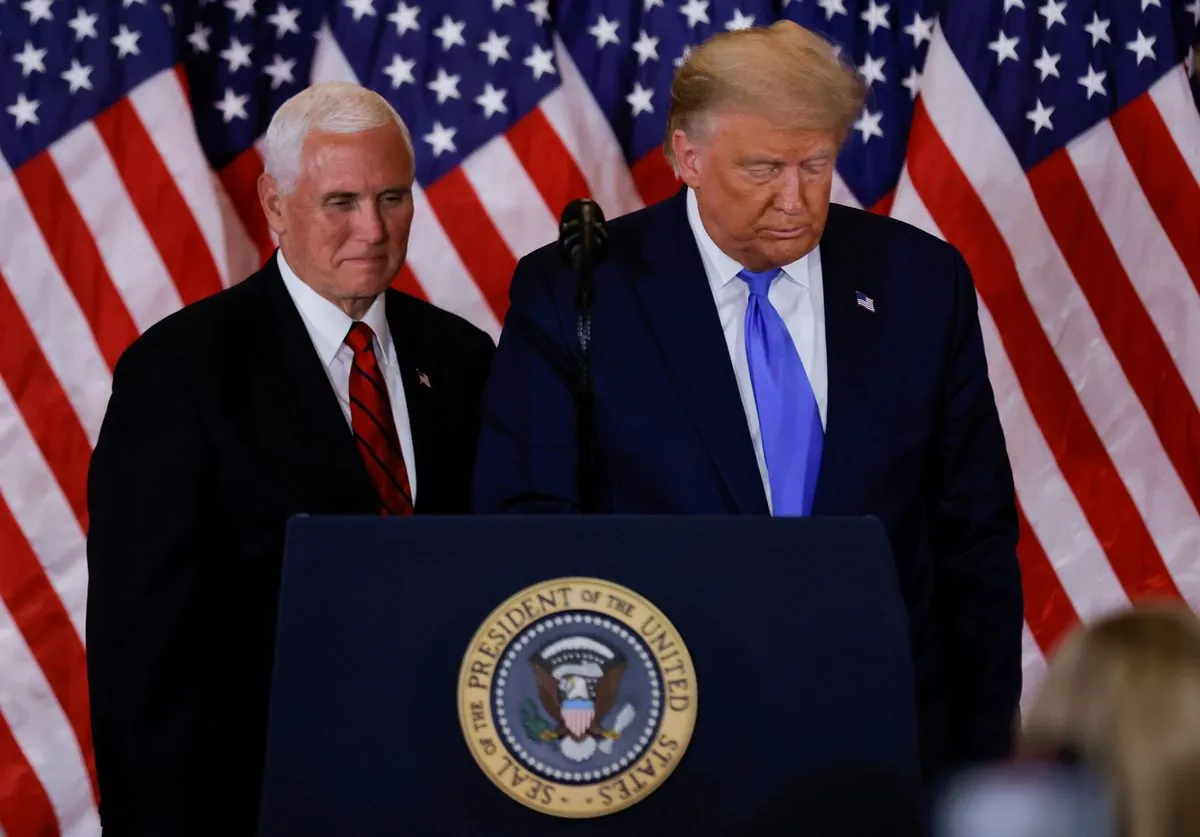Trump's Legal Team Seeks Dismissal of Federal Election Case Amid Immunity Debate
Trump's lawyers plan to challenge the federal election subversion case, citing presidential immunity and special counsel appointment issues. The case could extend into late 2025, potentially impacting the 2024 election.

Donald Trump's legal team is preparing to challenge the federal election subversion case against him, following a recent Supreme Court decision that narrowed the scope of the prosecution. This development, revealed in a court filing on Friday, August 30, 2024, signals a protracted legal battle that could extend well into 2025.
The defense strategy hinges on several key arguments, including presidential immunity and the legitimacy of Special Counsel Jack Smith's appointment. These challenges stem from a Supreme Court opinion that established absolute immunity for former presidents regarding core constitutional acts and presumptive immunity for other official actions.
In response to the Supreme Court's ruling, prosecutors issued a revised indictment with reduced allegations. However, Trump's lawyers argue that the new indictment still contains charges for which the former president should be immune, such as his communications with then-Vice President Mike Pence.
The concept of presidential immunity, first established by the Supreme Court in 1982, has become a central point of contention in this case. The defense team maintains that many of the alleged actions, including public statements about the 2020 election and communications with state officials, should be protected under this principle.

One of the most significant aspects of the case involves Trump's alleged pressure on Pence to reject the certification of electoral votes. This role of the Vice President in certifying electoral votes dates back to the 12th Amendment, ratified in 1804. The defense argues that these allegations should be dismissed due to presidential immunity.
The legal team also plans to challenge the case on grounds similar to those used in a separate case in Florida. In July 2024, Judge Aileen Cannon dismissed charges related to classified documents at Mar-a-Lago, citing issues with Smith's appointment and office funding. This decision has emboldened Trump's lawyers to pursue a similar strategy in the election case.
The timeline proposed by Trump's team could potentially extend the case until fall 2025, well after the November 2024 presidential election. This strategy aligns with the historical precedent of the peaceful transfer of power, a cornerstone of American democracy since 1797, which is now at the center of this legal dispute.
The case also touches on the concept of "alternate electors," which has roots in the disputed 1876 presidential election. This historical context adds another layer of complexity to the legal proceedings.
As the legal battle unfolds, it will likely test the limits of presidential immunity and the power of judicial review, a concept established in the landmark Marbury v. Madison case of 1803. The outcome of this case could have far-reaching implications for the balance of power in the American political system and the accountability of former presidents.
"If the Court determines, as it should, that the Special Counsel cannot rebut the presumption that these acts are immune, binding law requires that the entire indictment be dismissed because the grand jury considered immunized evidence."
The upcoming status conference, scheduled for early September 2024, will mark the first court appearance in this case in months. As both sides prepare their arguments, the nation watches closely, aware that the resolution of this case could significantly impact the 2024 presidential election and the future of American democracy.


































